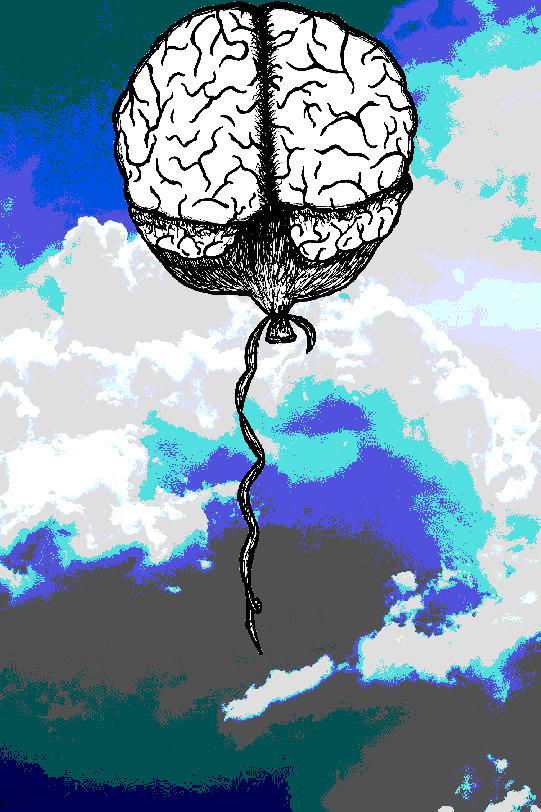Google backs exciting ideas
 Google has provided $5 million to see a new generation of Australian brainchildren come to life.
Google has provided $5 million to see a new generation of Australian brainchildren come to life.
The tech company put up the funds for its second Google Impact Challenge event in Australia, which will see it fund exciting ideas including a starfish-hunting robot and an app for alcoholism.
Five major projects secure grants of $750,000, another five will receive $250,000 each.
The ten finalists made their pitch to judges in Sydney this week.
They included plans from World Vision to expand its work installing special fire alarms in the world’s slums.
“Slums are a dense mass of highly flammable material; as a result fires loom large,” World Vision spokesperson Michael Poustie told the judges.
“This device is a game-changer. Instead of detecting smoke it detects a rapid rise in temperature.
“This is critical as slums are full of smoke from everyday activities.”
Public health advocacy group Hello Sunday Morning won a grant for an app that could help people quit drinking.
“We will use the data that Daybreak collects to build deep learning algorithms which will actually enable us to deliver a tailored treatment program,” the project’s proponent told judges.
“When we hit 30,000 users we can actually start to learn for what person is the best type of feature actually applicable for.”
The Australian Literacy and Numeracy Foundation will receive funding for a program to record Australia's hundreds of Indigenous languages.
“Australia was once a home of over 600 Indigenous language spoken for tens of thousands of years,” project leader Professor Tom Calma said.
“Ninety per cent of those languages are now at a critically endangered level.
“Our terminal is so much more than just a dictionary.
“It codes languages so that communities can learn to read, write and transform ancient languages into multi-century literacy learning resources that have global implications.”
The Centre for Eye Research Australia won a grant for its app that provides eye tests for people in remote areas, while the George Institute for Global Health secured funding for partial AI system that creates and sends personalised text messages to chronically ill people.
Nature Conservancy Australia will get money to carry out plans to use facial recognition technology to record and monitor fish stocks.
And finally, the Great Barrier Reef foundation won the People’s Choice Award for funding to upgrade its underwater crown-of-thorns-killing robot.
The money will turn QUT’s COTSbot into a fully-fledged Rangerbot.
“A single Rangerbot deployed in the field will every day achieve the same impact as 50 divers,” representative Anna Marsden told judges.
Judge Jacquelline Fuller, head of Google's philanthropic arm Google.org, said Australia was specifically targeted for its high level of innovation.
“Typically we only do an Impact Challenge once, and we came here two years ago and we were so impressed by the calibre of the ideas and the teams that came forward,” she said.
“I think the ideas here are not only the best innovators all across Australia, but absolutely on par with any of the best innovation ideas we've seen globally across nine countries.”








 Print
Print